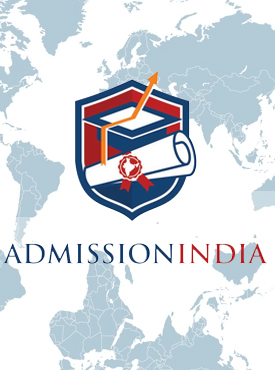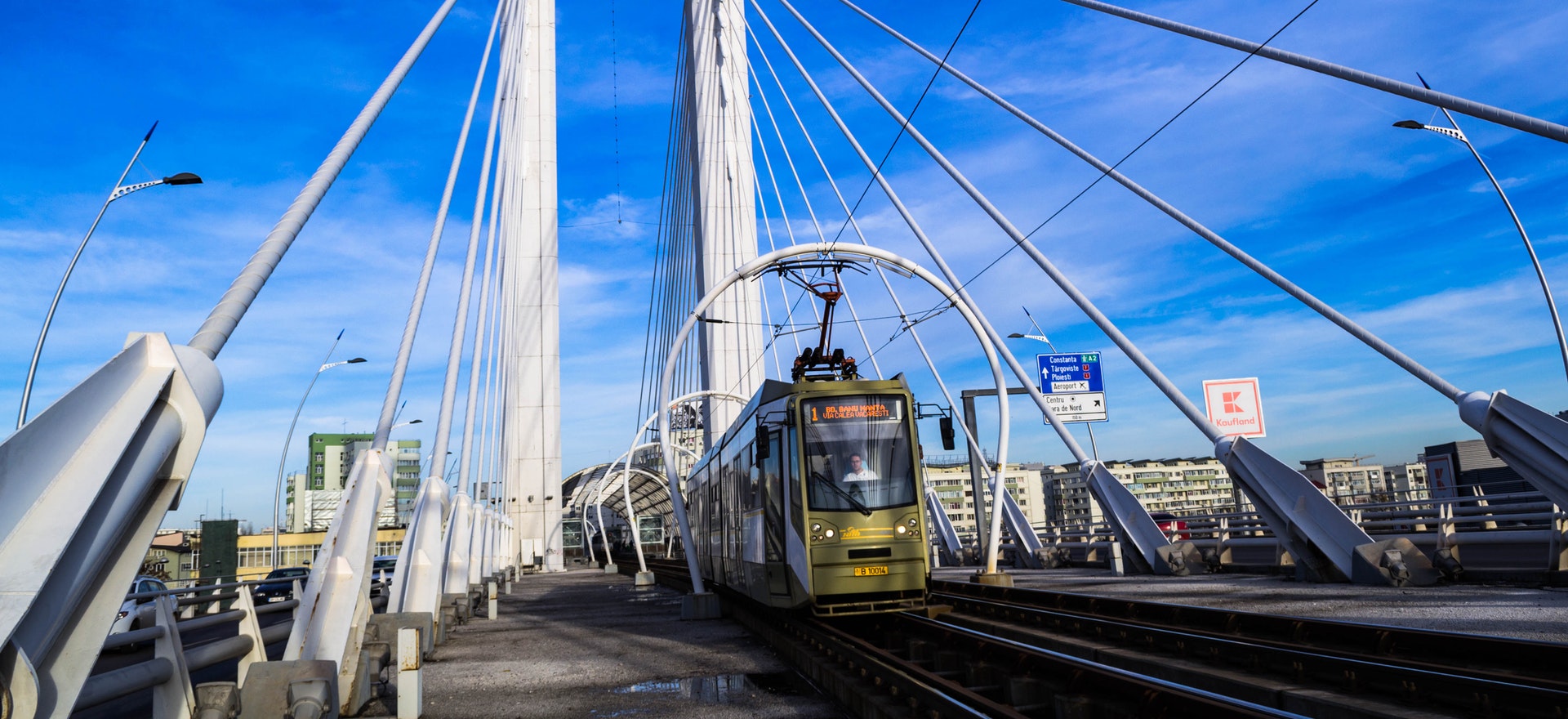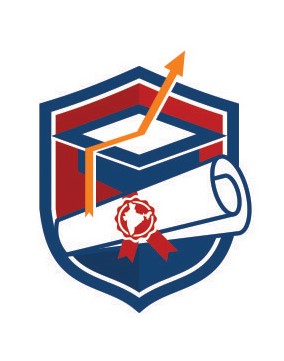There are many reasons to study in Romania as an international student. Located within the borders of South-Eastern Europe, Romania is the birthplace of the inventor of insulin and the first city in Europe to have public lighting. With stunning landscapes, unique traditions and some of the lowest tuition fees in Europe. Romania has around 96 higher education institutions and is the ideal country for students on a tight budget who want the fulfilling experience of studying abroad. Today, there are more than 20,000 overseas students from over 120 countries studying in Romania.
Life in the country
The main attractions of student life in Romania are the low cost of living, the friendly people and the abundance of opportunities of visiting interesting places such as the historic city of Bucharest and the beautiful beaches of the Black Sea.
Romania is also fairly safe. According to the Global Peace Index Romania is a safe country to travel to with a score of 26/162. Despite everything that is going on in the world, Romania remains as one of the safest countries in Central and Eastern Europe with a crime rate below the average.
The quality of education and training in Romania is high. In addition, Romanian students have access to a free comprehensive healthcare system that covers all major medical costs and it offers a range of study abroad opportunities which allows students to explore different cultures and learn new skills.
Attitude and etiquette of the local people
Romanians are the epitome of generosity and hospitality. They will do anything within their power to help people and not only are they known for their hospitality but they are humorous, warm and fun-loving people by nature.
Etiquette and manners in Romania:
- It is impolite to yawn without covering the mouth.
- When a person sneezes, Romanians often respond with ‘Sanatate’ (Good health) or ‘Noroc’ (Good luck).
- Romania is a hierarchical society where age and position are respected and so it is impolite to not offer one’s seat to an elderly person.
- Many Romanian men are taught to be chivalrous from a young age. This includes opening doors, showing kindness and honouring women. Older men may also kiss a woman’s hand when offering a greeting, although this is becoming outdated.
- Romanians remove their hats before entering buildings.
- It is impolite to chew gum or keep one’s hands in their pockets while speaking to someone.
- People are expected to dress neatly within a professional setting to show respect to the person they are meeting. Older Romanians may dress more conservatively, ensuring their legs and shoulders are covered.
- It is common, and even polite, to fight over who is paying the bill.
Language and culture
The official language of the country is Romanian, a language with strong similarities to Italian and spoken by about 89 percent of the population. Minority languages include Hungarian, spoken primarily in Transylvania by about 7 percent and Romani that makes up about 1.5 percent of the country’s population.
Celebrating Romania is an important part of the culture. From Unification Day to National Day, Romanians love celebrating their country and its traditions above all else.
Driving laws
For visitors driving in Romania, they will need a full and valid driver’s license which must have been held for at least a year. An EU and EEA driving licence is accepted, as is an international driving license. To drive a car or a motorcycle in Romania, one must be at least 18 years and to rent a car, one must be at least 21 years old. In addition, for people who are under the age of 25, car rental companies will likely charge a young driver surcharge and the maximum age for renting a car is 70 years old.
Rules of the road
- People in Romania drive on the right side of the road.
- Priority must always be given to ambulances, fire engines, trams, and marching columns.
- Within the towns, honking is prohibited between 22:00pm and 06:00 am. At night, flickering of the headlights is used instead of honking.
- Wearing a seat belt is compulsory for passengers, both in the front and back seats.
- Children under 12 years of age are not allowed to be seated in the front seat of cars.
Major cities with varied course options
Like all other European countries, Romania follows the Bologna system, with a Bachelor’s degree lasting three years and a Master’s degree lasting between 12 and 24 months, depending on the subject.
The country’s universities are among the best in South- Eastern Europe, offering internationally recognised diplomas aimed at producing young professionals. These universities offer various degrees for overseas students from across the world and as an international student, there are several courses to choose from such as Dental Medicine, Biomedical Engineering, Mathematics, Cybersecurity and Machine learning and Modern Languages.
Below is a list of some of the top universities in Romania:
- Transilvania University of Brasov
- University of Bucharest
- University POLITEHNICA of Bucharest
- Bucharest Academy of Economic Studies
- Babes-Bolyai University
- Technical University of Cluj-Napoca
- Alexandru Ioan Cuza University
- Gheorghe Asachi Technical University of Iasi
- West University of Timisoara
- Politehnica University of Timisoara
Part-time and post-study work opportunities
Romanian education system allows international students to work while studying and students who wish to work part-time in Romania do not require a work permit. However, these students will need a residence permit of a valid stay in Romania and will be allowed to work for only 4 hours a day. Students looking for part-time jobs are expected to submit their CV and a functional cover letter when applying. They can look for jobs and vacancies online through various web portals or through the help of their university information centres. Additionally, if students wish to work beyond the allotted hours, they must apply for a formal work permit and the General Inspectorate of Immigration is available to assist students in this regard.
There are many part-time opportunities for international students in Romania. A call centre is the best option, especially for students who are fluent in a foreign language. Students can work at gas stations, shopping malls, IT offices, restaurants and some as English tutors. Students who can speak the Romanian language fluently are more likely to get a higher paying job.
After graduating from a Romanian university, International students can still seek professional work but they will need a valid work permit. In order to obtain a work permit, applicants must first find a suitable job. When an employer is satisfied with the qualifications and working ability of the applicant, and no other EU or local worker is suitable, then the employer will recommend the applicant for the job. In addition, switching jobs is not easy and so if one wishes to do so, he or she will have to apply for a different work permit.
Internships in Romania
Companies and other organisations in Romania also offer effective internships to qualified students. These internships provide work experiences and the opportunity to network in the country. While some internships offer to pay students, most are educational and unpaid. These internships are usually initiated by student unions and these student unions as well as universities are great sources for finding good internship programs.
Volunteering
Many international students prefer to do volunteer work in their free time. There are NGOs in Romania in all fields such as education, environment, health and disability. Through this volunteer activity, students gain hands on work experience and are able to take part and be a part of a community.





